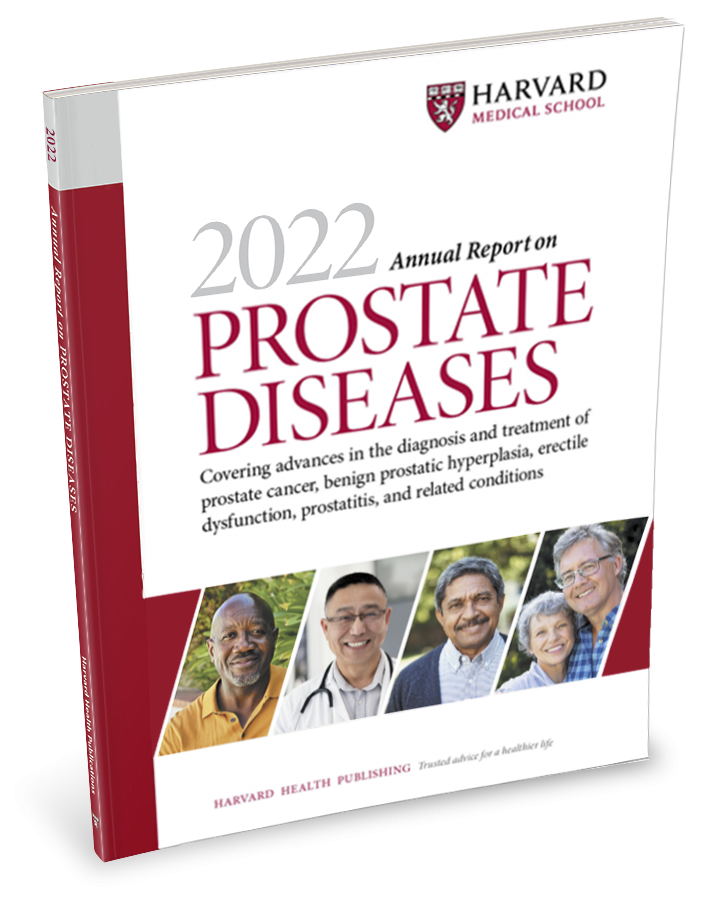

Benign Prostatic Hyperplasia
By their 50s, half of men have some degree of BPH. And by their 80s, an estimated 90% of men have BPH. A larger prostate, by itself, isn’t something you need to worry about — unless the enlargement disturbs the normal function of the urinary system. In other words, it isn’t a problem until it’s a (urinary) problem. This guide will help you understand what BPH is, what causes it, how it’s diagnosed, what to expect in the future, and the range of options for living better with this condition. The choices are many, and the differences between them are sometimes subtle. We will guide you through the decision process.
Other Product Information
By their 50s, half of all men have BPH. By your 80s, it’s 90%. For men, BPH — also called benign prostatic hyperplasia or enlarged prostate — comes with the territory. BPH can trigger ongoing urinary problems, incontinence, and even chronic infections.
You can be free from the constraints and embarrassment of BPH!
More than ever, it is possible to effectively treat and manage BPH. But which treatments are best for you? This guide will tell you.
You’ll know BEFORE you say “Yes.”
When treating BPH the most important consideration is which approach best addresses your condition, your expectations, and your reservations.
In this Guide, Harvard doctors present and assess today’s treatment options. From watchful waiting to medication, to surgery, the guide explains the benefits, risks, and side-effects you can anticipate from each approach.
You’ll appreciate how all things are considered — especially you. Which protocols can effectively reduce the symptoms that bother you most…which have the fewest complications…which offer you the most lasting improvement? You’ll get the answers fully and clearly.
You’ll find practical steps and proven measures.
You’ll read how simple changes in behavior can ease urinary symptoms. You’ll discover two controllable risk factors. You’ll learn about medications for the “going” problem…the ”growing” problem…and a new combination pill to solve both. You’ll find the medication with the fewest sexual side effects…and one that can more successfully reduce future need for surgery.
You’ll discover advances that are erasing fears and extending relief.
You’ll be briefed on a durable surgical procedure that improves urine flow for 90% of patients. You’ll read about an alternative for men taking blood thinners. The guide shines a light on today’s competing laser surgical options. You’ll learn about three outpatient procedures…the prospects for Botox BPH therapy…and the six questions to ask before any BPH surgery.
Prepared by the editors of Harvard Health Publishing in consultation with Anurag K. Das, MD, FACS, Assistant Professor of Surgery, Harvard Medical School Director, Center for Neurourology and Continence, Beth Israel Deaconess Medical Center (2022)
About Harvard Medical School Guides
Harvard Medical School Guides delivers compact, practical information on important health concerns. These publications are smaller in scope than our Special Health Reports, but they are written in the same clear, easy-to-understand language, and they provide the authoritative health advice you expect from Harvard Health Publishing.
You might also be interested in…

2022 Annual Report on Prostate Diseases
Most men eventually develop some type of prostate problem, and when they do there are usually no easy solutions. More than a primer on prostate conditions, this Special Health Report, the Annual Report on Prostate Diseases, includes roundtable discussions with experts at the forefront of prostate research, interviews with men about their treatment decisions, and the latest thinking on complementary therapies. This report will provide you with the information you need to understand the current controversies, avoid common pitfalls, and work with your doctor to make informed choices about your prostate health.

Counting steps is good — is combining steps and heart rate better?

Appendix pain: Could it be appendicitis?

Can saw palmetto treat an enlarged prostate?

How does Ozempic work? Understanding GLP-1s for diabetes, weight loss, and beyond

Zinc: What it does for the body, and the best food sources

Respiratory health harms often follow flooding: Taking these steps can help

Tips to leverage neuroplasticity to maintain cognitive fitness as you age

Can white noise really help you sleep better?

Celiac disease: Exploring four myths

What is prostatitis and how is it treated?
Free Healthbeat Signup
Get the latest in health news delivered to your inbox!
Sign Up

